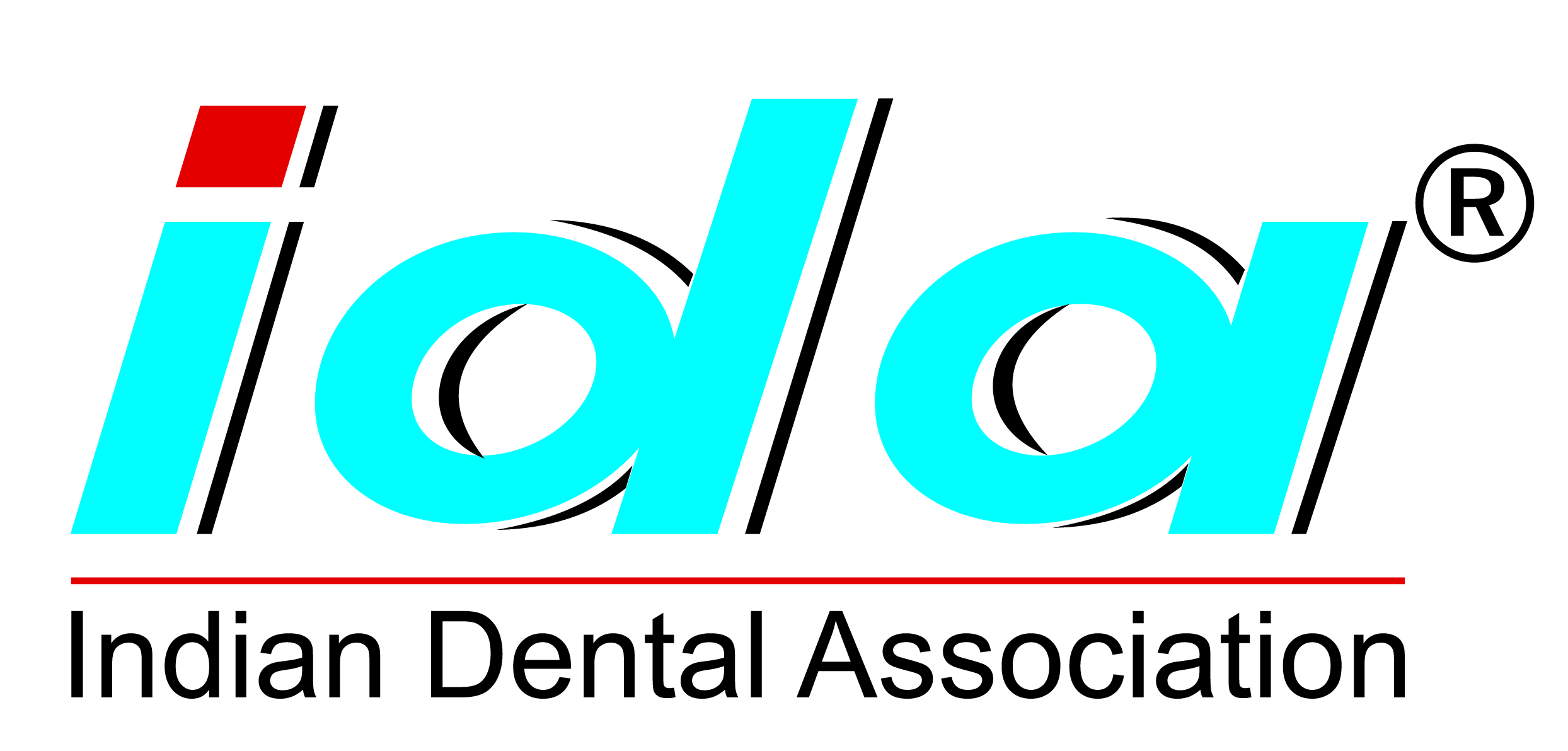|
Atropine sulphate
|
Sol. Inj: 0.3- 1.2mg
I.M./I.V./S.C.
Tab 0.4-1.2 mg
|
W/P: Avoid overdose. Increased susceptibility to toxic effects in children.
Conventional dose may precipitate acute angle closure glaucoma in susceptible patients,
convert partial organic pyloric stenosis into complete obstruction, lead to urinary
retention in patients with prostatic
hypertrophy, formation of viscid plugs due to increased bronchial secretions in
patients with chronic lung disease.
Contraindication: Hypersensitivity to atropine or other belladona alkaloids.
|
Dryness of mouth, nose, throat, skin; blurred vision, photophobia, tachycardia,
palpitation, hyperthermia.
|
|
Glycopyrrolate
|
Adults: inj range: 0.1-0.2 mg; Tab: 1-2mg
Pediatric: slon. inj. range: 4-10ug/kg upto 0.2 mg
|
W/P: May produce drowsiness or blurred vision; avoid operating machinery. Caution
in elderly, autonomic neuropathy, renal and hepatic disease, ulcerative colitis,
coronary heart disease, HTN.
Contraindicaiton:
Hypersensitivity to glycopyrrolate, acute closure glaucoma,
severe ulcerative colitis, unstable cardiovascular status in acute
hemorrhage, myasthenia gravis
|
Dryness of mouth, nose, throat, skin; blurred vision, tachycardia, palpitation,
loss of taste, headache.
|
|
Pilocarpine hydrochloride
|
Adults: Cancer patients: 15-30 mg/day;
Sjogren syndrome: 5mg qid.
|
W/P: Caution with significant cardiovascular disease, biliary tract disease, controlled
asthma, chronic bronchitis or COPD requiring
pharmacotherapy.
Monitor for toxicity and dehydration. May cause renal colic.
Contraindication:
Uncontrolled asthma, hypersensitivity to pilocarpine.
|
Sweating, nausea, xerostomia, rhinitis, chills, flushing, pharyngitis, HTn, bradycardia,
tachycardia
|





